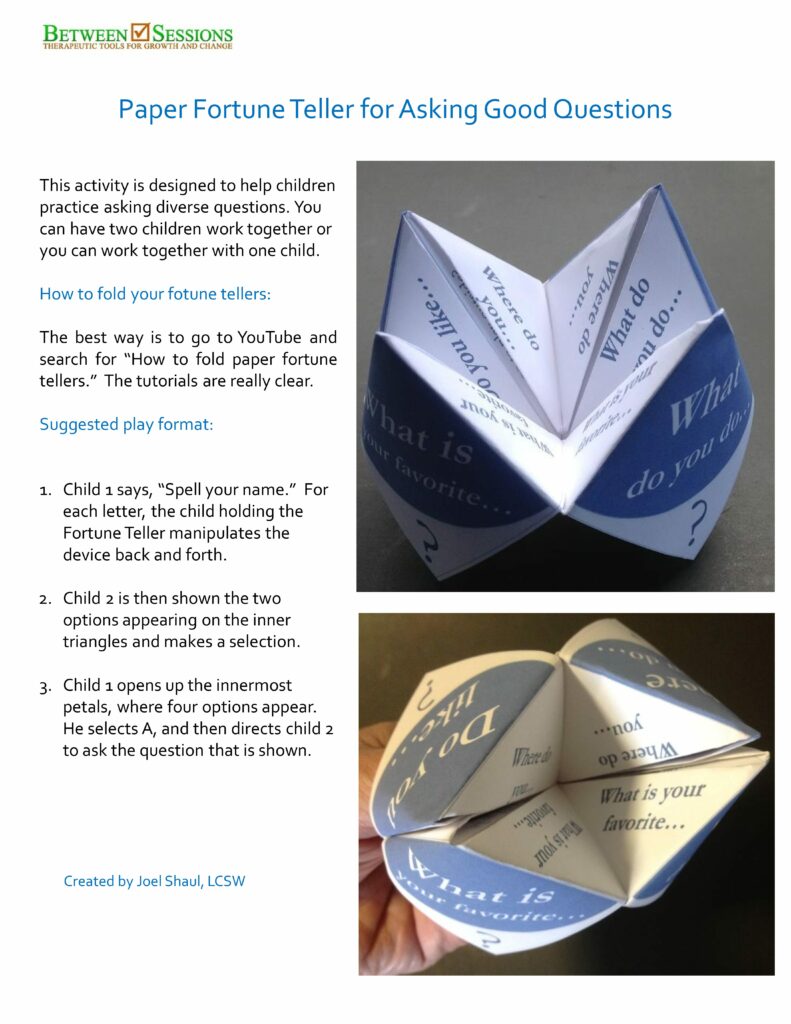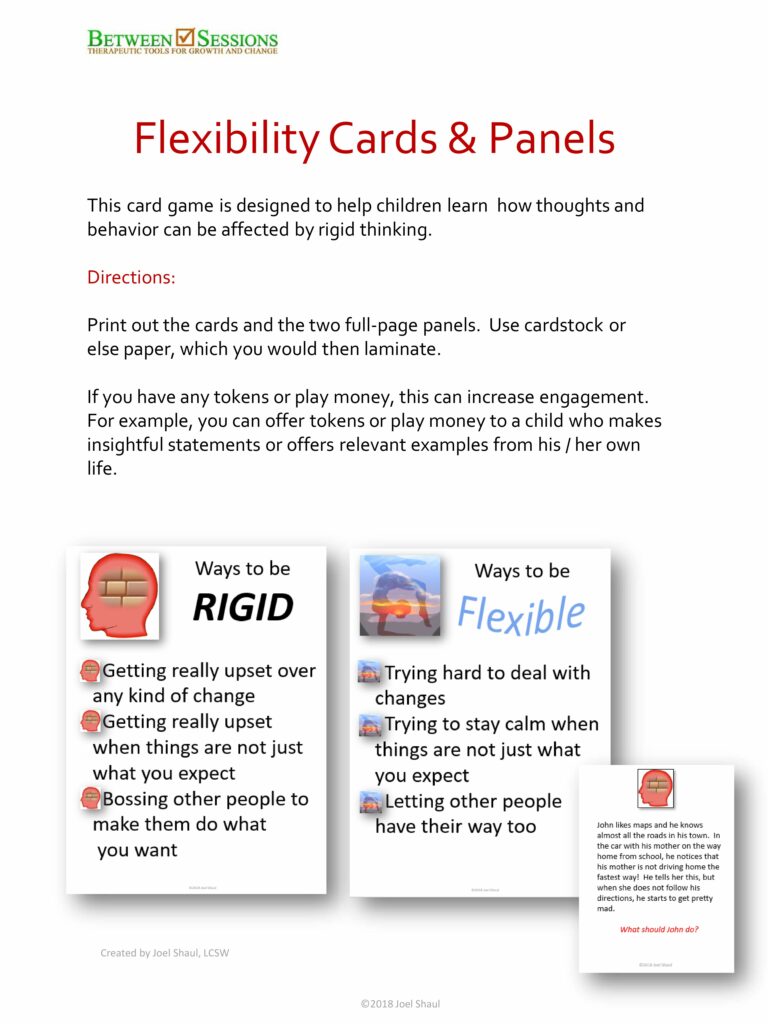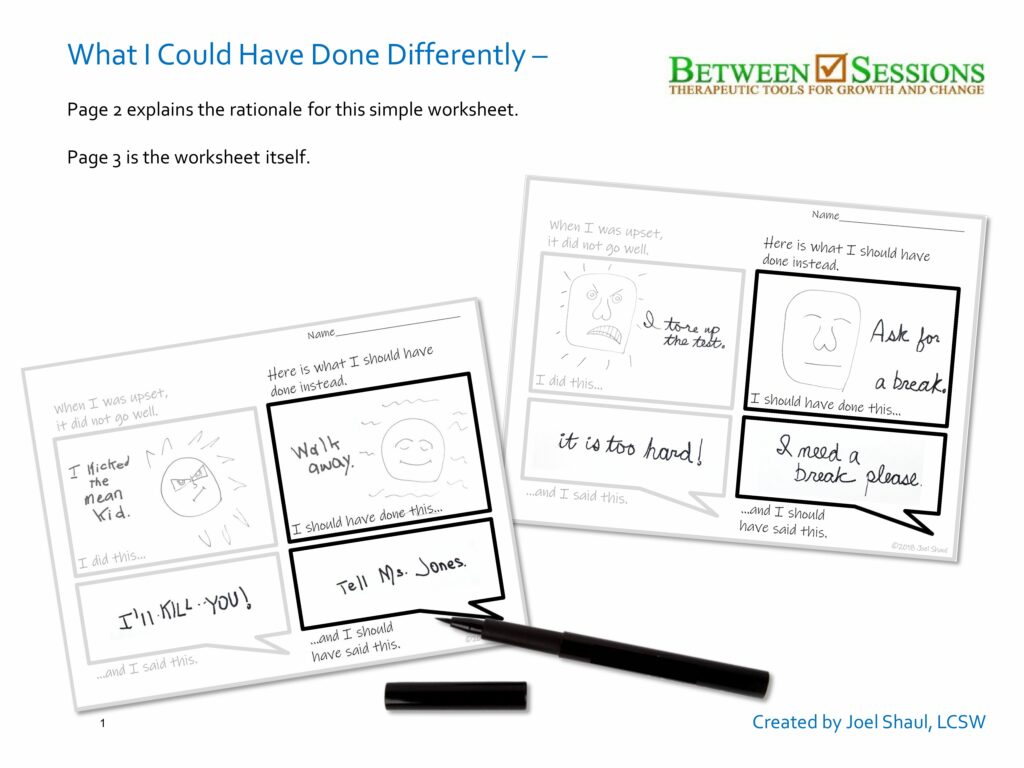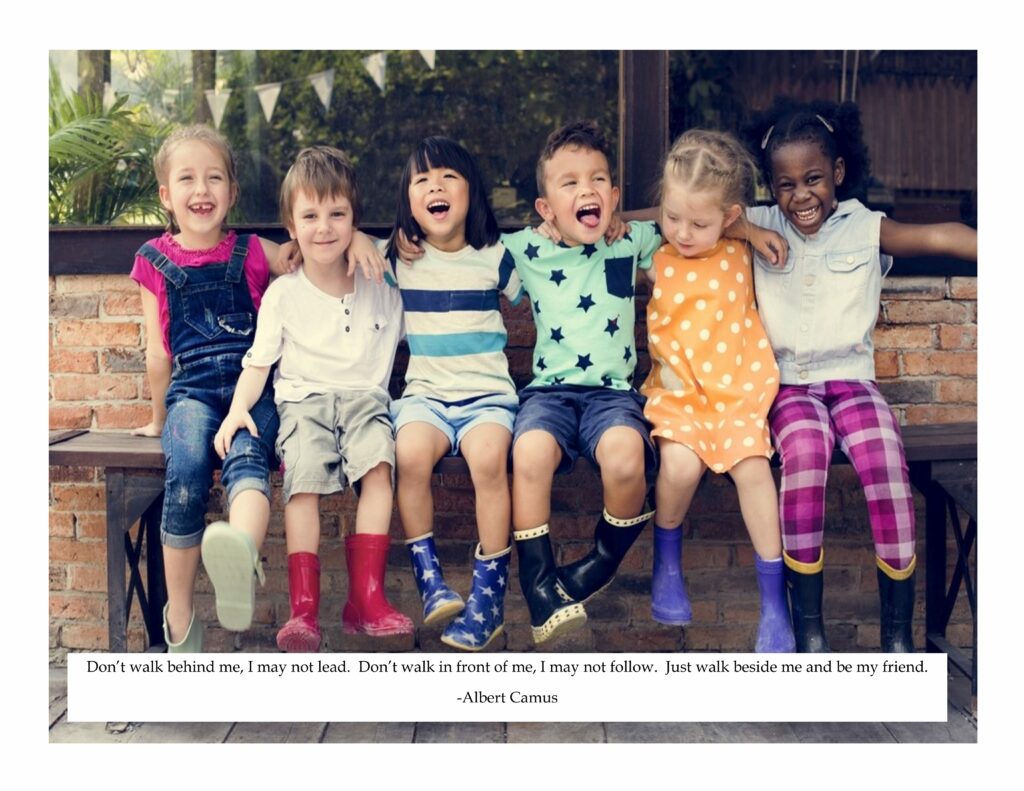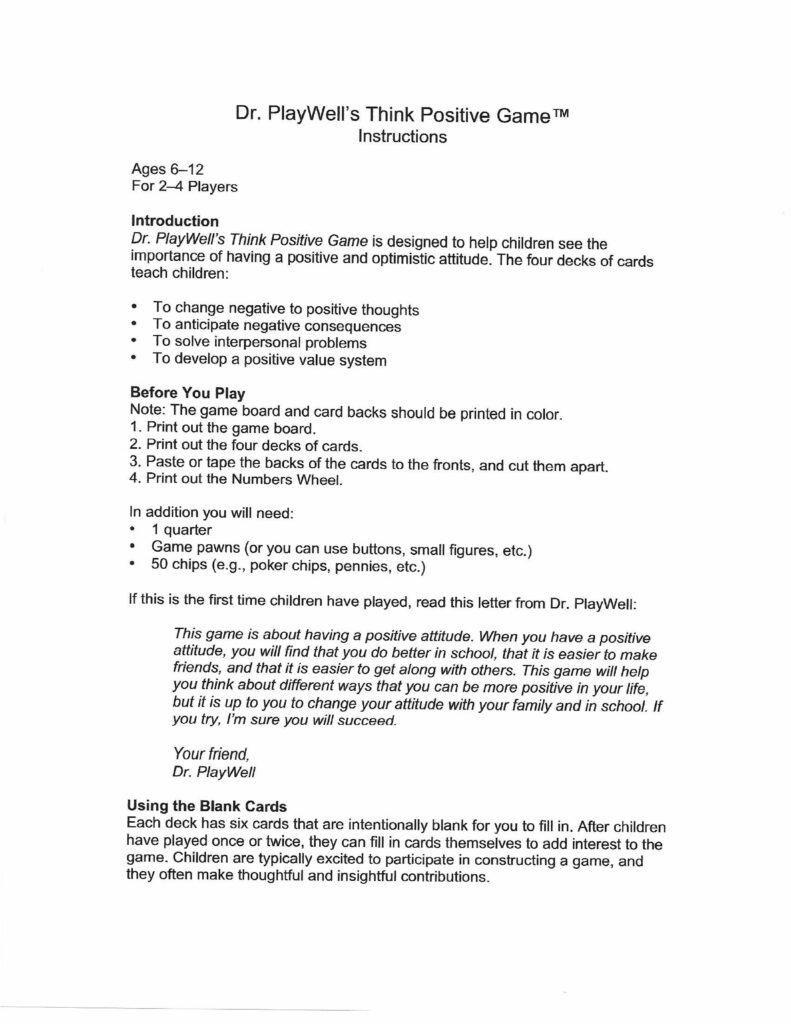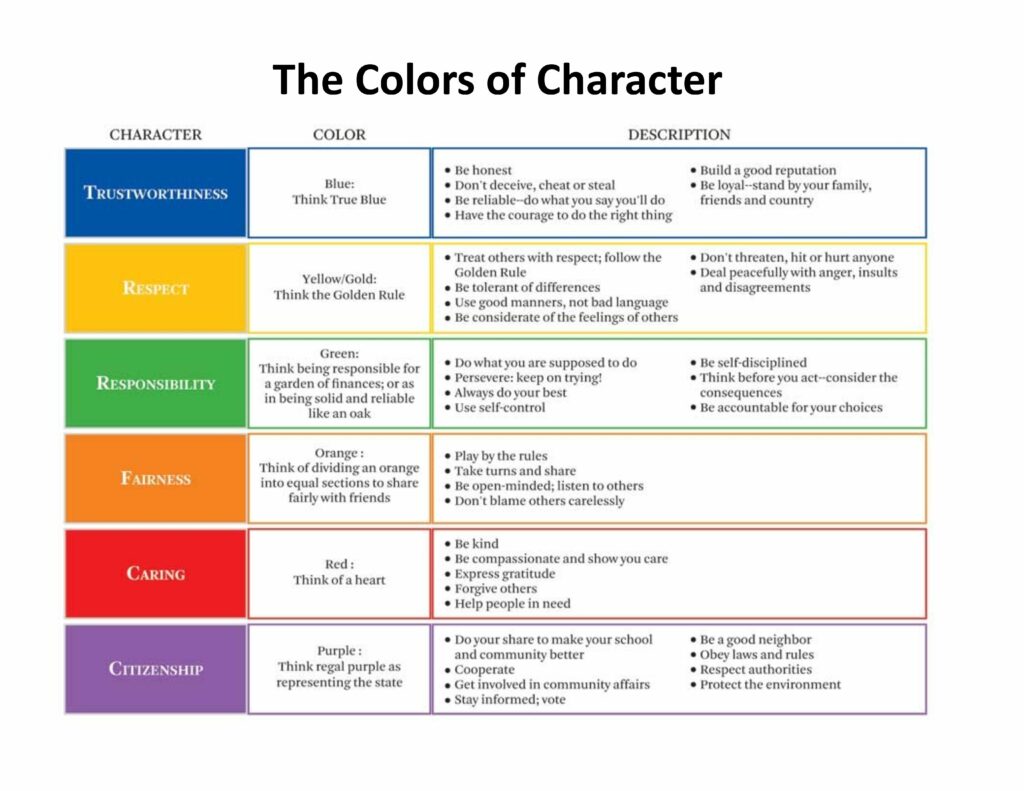This worksheet shows people how to cut out and fold a Fortune Teller, which is designed to help kids talk about themselves, their likes and dislikes, and more.
This activity for kids and teens teaches the importance of flexible social thinking. It includes two “poster” handouts to open a discussion on flexible thinking and a simple card game to practice new skills. (Asperger Syndrome, social intelligence, autism, ADHD, 1018)
This worksheet gives children a template to think about what they could have done differently in terms of their behaviors. Children are asked to draw a problem they have had and write about and draw a picture of what they could have done differently. (behavior problems, autism, ADHD, Asperger Syndrome, 1018)
This poster can be put in the home or the classroom to remind all of us about the importance of friendship. (values, character education, social skills, 0818)
This story teaches the lesion of appropriate listening in class. (classroom management, social skills, behavior)
This game teaches kids to “cool down” when they are angry so that they can talk about what is bothering them and then think of ways to prevent problems from recurring. (anger control, behavior problems, ADHD, classroom problems, 0518)
Use this poster to help kids talk about their different feelings. Simple instructions are included on the poster. (emotional intelligence, feelings, 0318)
This printable board game teaches children to change negative to positive thinking, anticipate negative consequences, solve interpersonal problems, and develop a positive value system. It takes just a few minutes to cut out the cards and paste on the backs, and you are ready to play this inspiring game. (0218)
This chart can be used to help kids learn the six important character traits and demonstrate these behaviors at least once a week. Recommended ages 8-14. (character education, behavior management, 1017)
This worksheet is designed to help children understand and practice the behaviors that will help them make friends and get along with others. (emotional intelligence, social skills, Asperger Syndrome, 0817)

